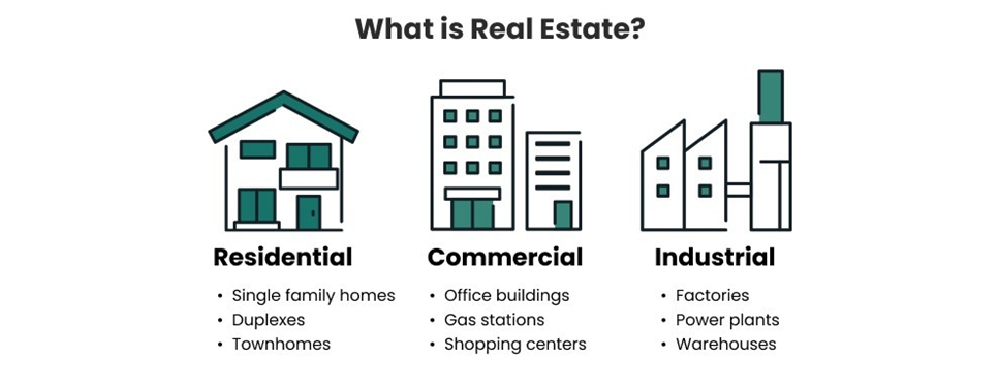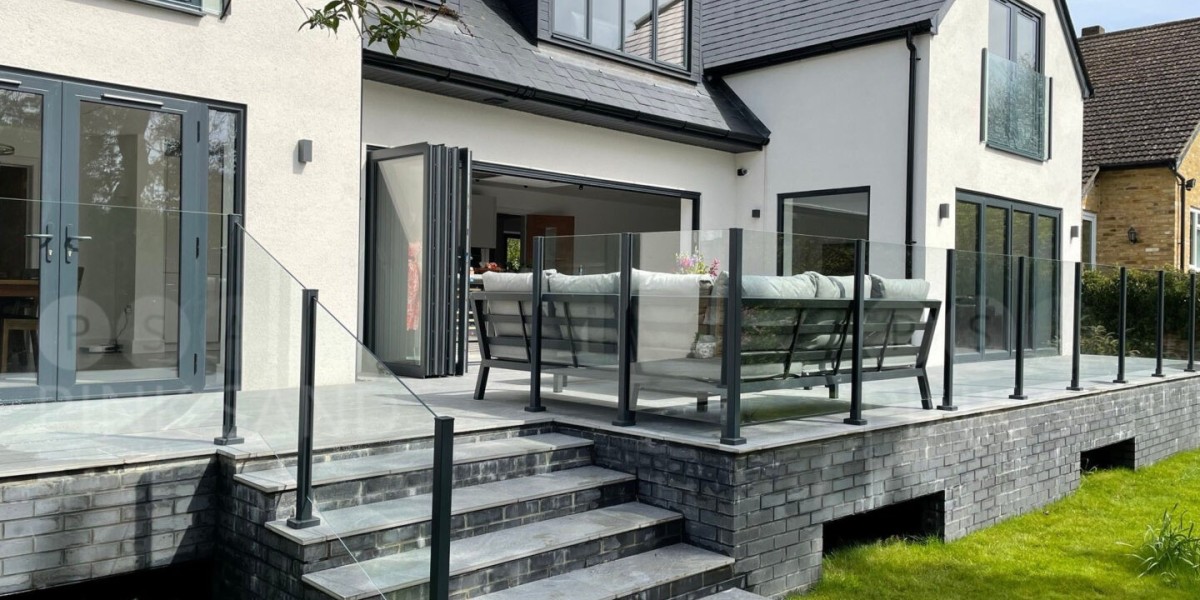
Commercial leases differ substantially from property leases in regards to legal securities, customizability, and commitments.
- There are various kinds of business leases, including gross, net, and modified leases, each designating expenses differently.
- Negotiating lease terms such as rent escalation, renewal options, and utilize provisions is crucial for company flexibility and legal security.
- Tenants ought to think about place, size, accessibility, and residential or commercial property condition before signing a lease.
- Lease contracts frequently consist of terms on improvements, signage, subleasing, and maintenance obligations.
An industrial lease meaning is a lease that is utilized for commercial company residential or commercial property. These leases consist of a variety of special terms, consisting of duties associated with the maintenance of the residential or commercial property.

Legal Definition of Commercial Leases
Commercial leases are a classification of leases that are utilized for the functions of company. A range of subjects are covered in the regards to commercial leases, including:
- Expenses
- Taxes
- Security deposits
- Residential or commercial property construction and repairs
Commercial leases can be broken down into four different types:
1. Gross leases
2. Modified gross leases
3. Triple net leases
4. Absolute net leases
With a gross lease, the occupant will pay a base lease quantity and all other expenses will be covered by the property owner. In specific, the property owner will be needed to spend for typical area maintenance. Gross leases are very helpful for renters as they do not need to cover any of the expenses of operating a piece of commercial residential or commercial property. The difference between a gross lease and a customized gross lease is that with the latter, pass-through expenses must be compensated to the proprietor by the occupant.
In a triple net lease, the occupant will pay the proprietor for all the costs that the property manager would cover in a gross lease, including insurance, taxes, and typical area maintenance. Lastly, when an occupant signs an outright net lease, they will need to cover all of the expenses of the residential or commercial property. This includes major residential or commercial property repairs.
Commercial leases are utilized for a variety of residential or commercial property types, consisting of retail and office. When a residential or commercial property occupant is obliged to keep or set up building and construction of a structure, a ground or pad lease would normally be used. Typically, industrial leases will last between 5 and twenty years.
Kinds Of Commercial Properties Covered by Leases
Commercial leases can be applied to a range of residential or commercial property types, consisting of:
- Workplace: Used for administrative and professional services.
- Retail space: Leased by services that offer goods straight to customers.
- Industrial space: Includes storage facilities and producing centers.
- Flex space: A mix of workplace and industrial functions, adaptable for startups or multi-use companies.
- Coworking/shared space: Leases for part-time or shared work space, frequently on versatile terms.
Choosing the ideal residential or commercial property type depends upon the nature of your business, customer interaction, and growth projections.
Commercial Leases vs. Residential Leases
It is necessary to be knowledgeable about the fact that commercial leases and residential leases have significant distinctions, specifically in legal terms. First, business leases are exempt to as numerous customer protection laws as domestic leases. For example, the privacy of an occupant is not ensured with a business lease, and there is likewise no limit to the quantity that can be charged for a down payment.
Second, there is no standard form that can be used for a business lease. While this does make composing these leases a little bit more time consuming, it also means that the industrial lease can be customized so that the requirements of the property manager will be completely satisfied. If you are a renter, nevertheless, this absence of standardization means you should closely examine a commercial lease before providing your signature.
Thirdly, commercial leases are substantially more difficult to break than residential leases. An industrial lease is a kind of legal agreement, and when these leases are broken, a good deal of money stands to be lost.
Lastly, industrial leases normally involve a longer settlement period than residential leases. This is because commercial leases often need to include language that covers the individual requirements of a company owner, and property owners will primarily be willing to meet these needs, as long as their compliance results in a signed lease.
Key Factors When Choosing a Business Lease
Before signing an industrial lease, think about the list below factors to ensure it lines up with your service needs:
- Rent and overall occupancy expense: Include base rent, taxes, energies, and typical location upkeep.
- Lease term versatility: Shorter leases with renewal options are frequently better for new or growing services.
- Location and visibility: Consider consumer gain access to, foot traffic, and proximity to complementary organizations.
- Usable area vs. rentable area: Clarify how square footage is determined to prevent overpaying for unusable area.
- Potential for personalization: Determine whether the area can be modified to fit your functional needs.
- Parking and ease of access: Critical for both clients and workers.
- Tenant improvement allowances (TIAs): Negotiate financing from the proprietor to personalize the space.
These considerations can affect your day-to-day operations, business image, and long-lasting success.
Commercial Lease Terms
Because business leases are legally binding, it's crucial that you comprehend the range of terms you might see in a lease before finalizing.
Additional rent is a term that you would frequently discover in a commercial lease. This means that the property manager reserves the right to charge the tenant for products that are not related to the rental's square video or costs. Several expenses could be charged as additional lease, including:
- Services offered after hours
- HVAC services
- Fees for common location maintenance
Base lease is another commercial lease term that you require to understand. This term describes the minimum quantity that the occupant should pay to lease the residential or commercial property. The quantity of base lease due need to be explained in the lease.
If you see the term BOMA in a commercial lease, it is describing an expert association that is concentrated on office complex. BOMA supplies a variety of information related to workplace buildings, consisting of truths about leasing, developing a structure, and functional costs. BOMA Standards are the requirements published by this association for measuring industrial residential or commercial properties.
Common Negotiated Clauses in Commercial Leases
Tenants should pay attention to the stipulations noted below, as they are often worked out and can considerably impact service operations:
- Use stipulation: Specifies permitted organization activities in the space. Too narrow a scope might restrict development; too broad might welcome property manager disagreements.
- Exclusive usage clause: Prevents the landlord from renting close-by spaces to direct rivals.
- Sublease and task rights: Allows flexibility to transfer the lease if business grows out of the space or relocates.
- Rent escalation clause: Details how and when lease increases take place, typically every year or connected to an index.
- Repair and maintenance responsibilities: Clarifies who is accountable for HVAC systems, pipes, and general maintenance.
- Signage rights: Dictates if and where an occupant can set up company signs, which is crucial for visibility.
- Early termination clause: Enables the occupant to exit the lease under predefined conditions, frequently with a fee.
These provisions ensure that the lease supports the renter's existing needs while supplying room to adjust.
Tenant Rights and Legal Considerations
While business tenants do not take pleasure in the very same level of security as property tenants, they still have enforceable rights, including:
- Right to quiet pleasure: Guarantees undisturbed use of the properties without proprietor interference.
- Disclosure rights: Landlords may be needed to disclose particular dangers, such as asbestos or ecological contamination.
- Americans with Disabilities Act (ADA) compliance: The space needs to accommodate clients and staff members with specials needs unless undue challenge is shown.
- Fair dealing and transparency: Lease agreements should be honored in good faith. Misrepresentations or breaches can be grounds for legal option.
It's essential for occupants to completely evaluate lease terms and, where possible, seek advice from an attorney before finalizing.

1. What is a commercial lease?
A business lease is a legally binding agreement between a proprietor and a service occupant to rent business residential or commercial property for carrying out organization.
2. How is a business lease various from a property lease?
Commercial leases do not have numerous customer securities, are more flexible, and typically have longer terms and greater financial stakes.
3. What are the various kinds of commercial leases?
Common types consist of gross leases, net leases (single, double, triple), modified gross leases, and outright net leases.
4. Can I work out an industrial lease?
Yes. Almost all terms in an industrial lease, consisting of rent, improvements, renewal choices, and use provisions, are negotiable.
5. What should I keep an eye out for in an industrial lease arrangement?
Take note of rent terms, escalation stipulations, allowed usage, signs rights, upkeep obligations, and sublease provisions.
If you need aid comprehending the commercial lease, you can publish your legal requirements on UpCounsel's marketplace. UpCounsel accepts just the leading 5 percent of attorneys to its site. Lawyers on UpCounsel originate from law schools such as Harvard Law and Yale Law and average 14 years of legal experience, consisting of work with or on behalf of companies like Google, Menlo Ventures, and Airbnb.










